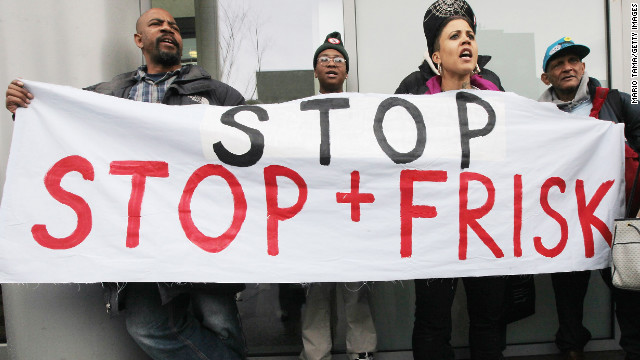New Yorkers Say They’ve Been Ignored In Stop-And-Frisk Fight
Eight years after a judge ruled New York City police violated the constitution by stopping, questioning and frisking mostly Black and Hispanic people on the street en masse, people in communities most affected by such tactics say they've been shut out of the legal process to end them. Lawyers for plaintiffs in two landmark stop-and-frisk lawsuits said in court papers Thursday that community stakeholders have had “very little contact” in the last three years with the court-appointed monitor overseeing reforms and that reports he's issued don't reflect their experiences.









